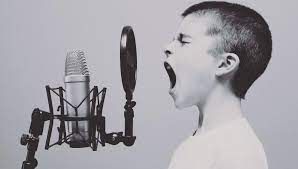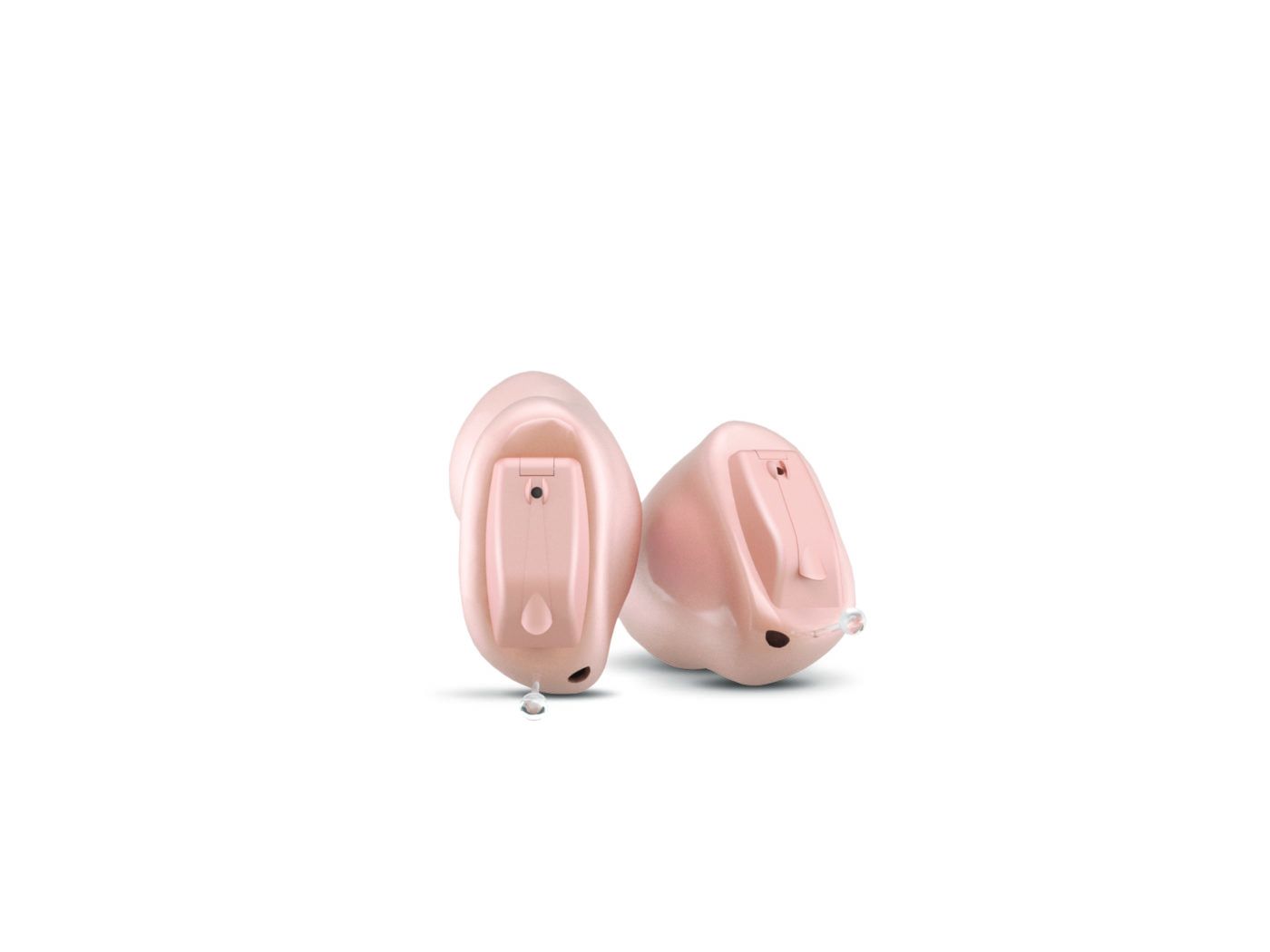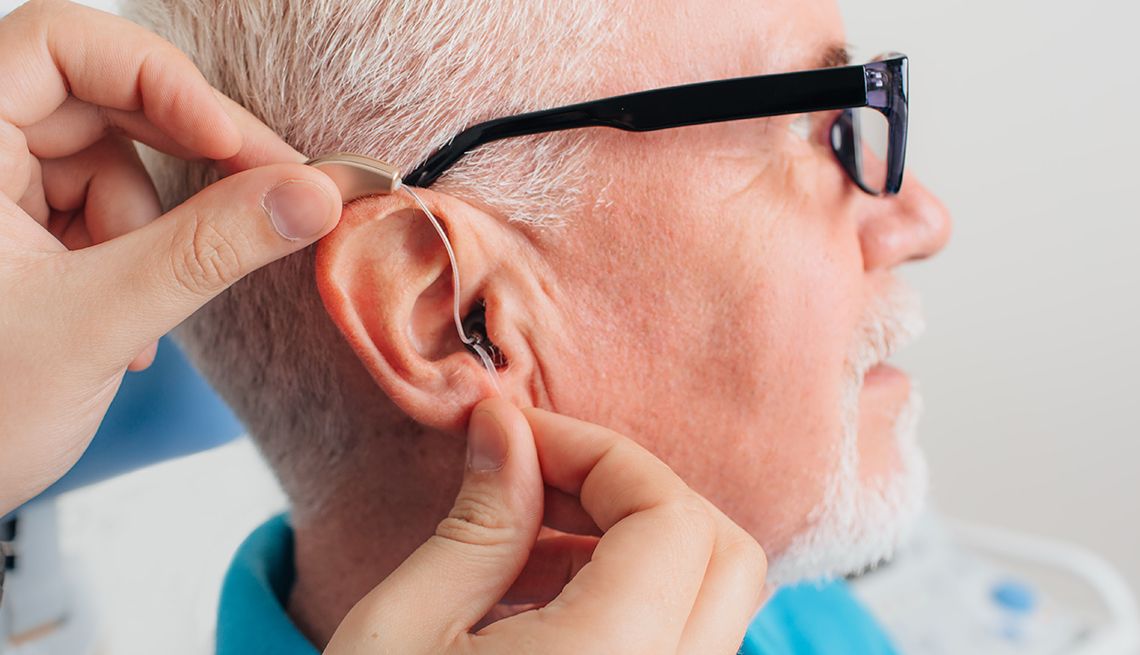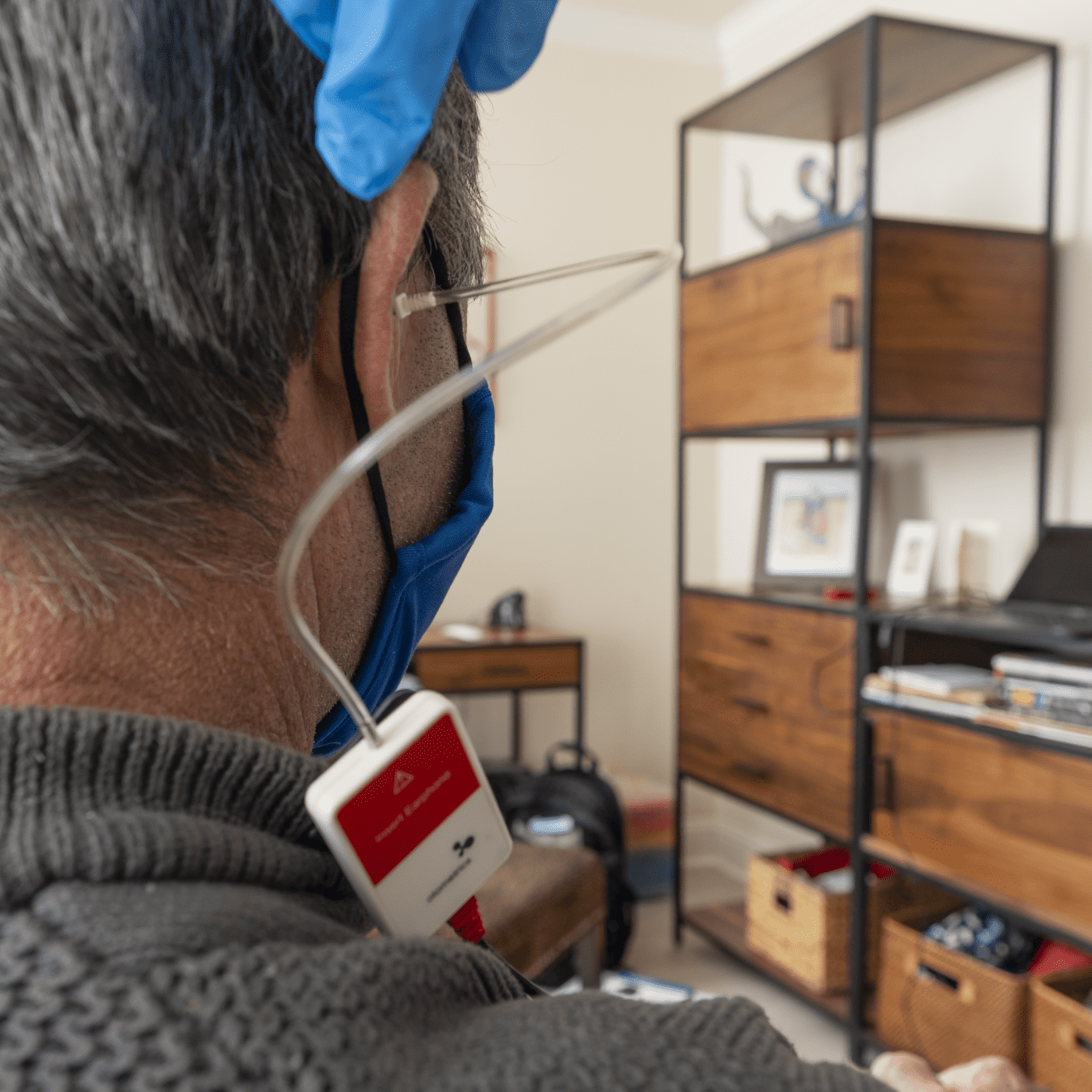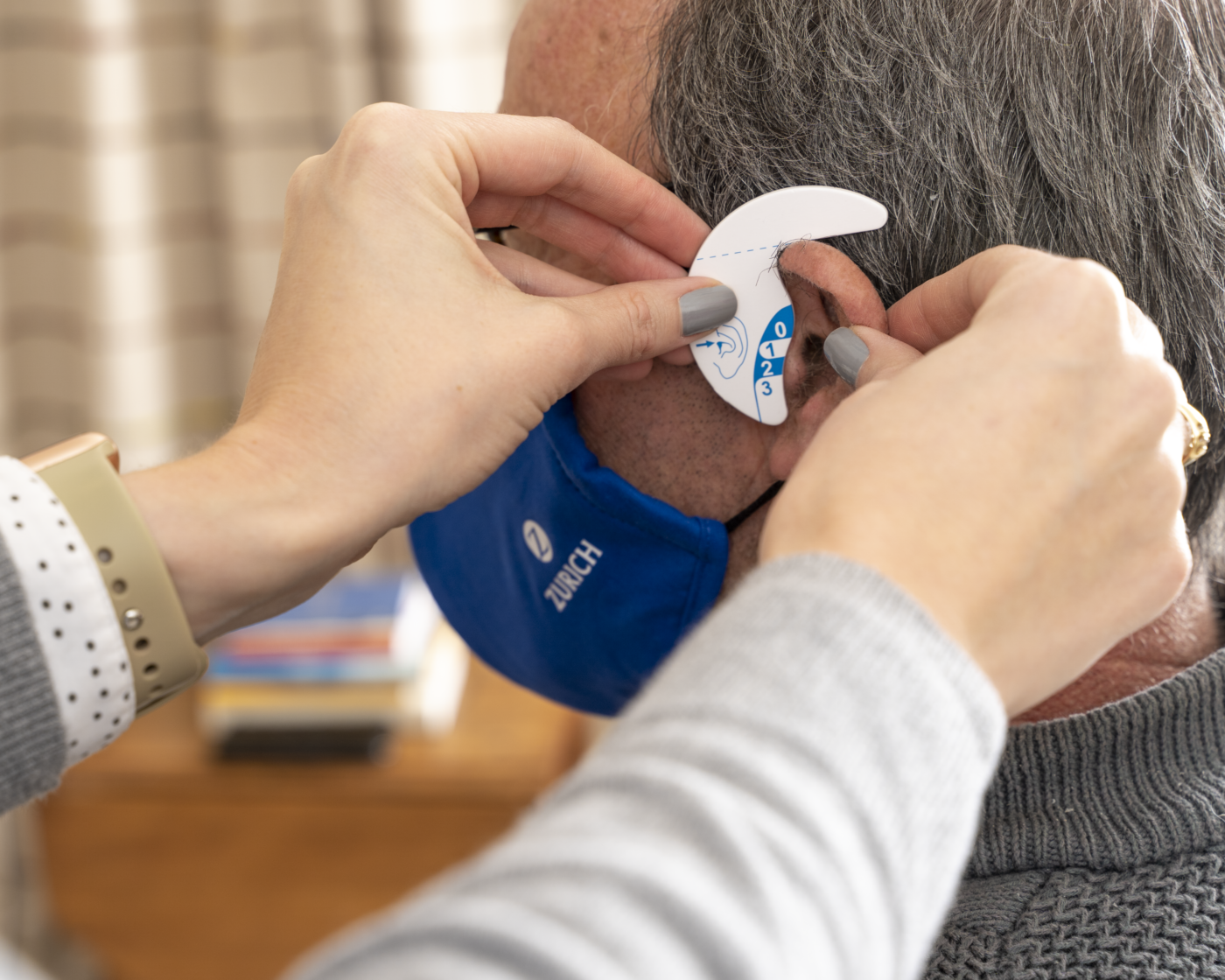Adjusting To Your Voice with Hearing Aids
You’re not alone – getting used to hearing aids can be challenging. One aspect of this adjustment process that can be particularly difficult is getting used to hearing your own voice. Since the microphone on the hearing aid is located close to your voice, it picks up and amplifies the sound of your own voice, which can be disorienting at first.
To help speed up the acclimatization process, we recommend that patients try reading out loud to themselves for 15-20 minutes each day. This can help you get used to the sound of your own voice and make conversations with others more comfortable.
It Takes Time
However, it’s important to note that real-world listening situations cannot be perfectly replicated in a clinic setting. That’s why we offer hearing aid demos with trial periods to help patients experience life outside of the clinic with their hearing aids. This process helps patients fully understand and experience the adaptation process before committing to buying the expensive hardware.
Our goal is to improve our patients’ communication and quality of life through the use of hearing aids. We understand that this is not an overnight change, and that it takes time and patience for patients to fully adjust to their hearing aids. But we are here to support our patients every step of the way.
Not All Ears Are The Same
It’s also worth noting that the adjustment process is different for everyone. Some patients may acclimate quickly, while others may take several weeks or even months. It’s important to be patient and to communicate with your audiologist throughout the adjustment process. Your audiologist can make adjustments to your hearing aids as needed to ensure that you are getting the most benefit from them.
Getting used to the sound of your own voice with hearing aids can be a strange process, but it’s an important part of the adaptation process. By reading out loud and taking advantage of trial periods with hearing aid demos, patients can speed up the acclimatization process and improve their overall communication and quality of life. Remember to be patient and communicate with your audiologist throughout the adjustment process to ensure that you are getting the most benefit from your hearing aids.
